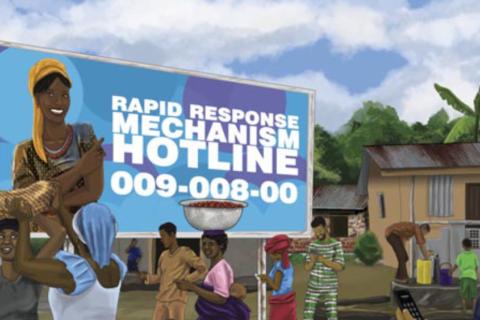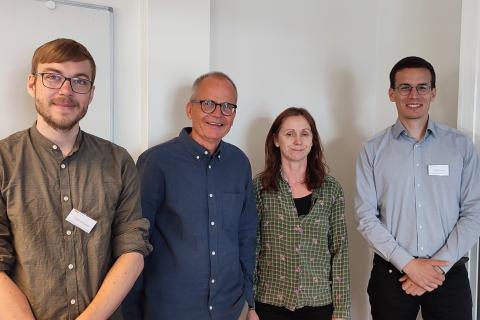Bridging the Gap: Land Tenure and the Future of National Carbon Frameworks
Rapid response mechanisms: proactive legal support for communities
Rapid response mechanisms (RRMs) are a new, proactive legal approach designed to provide legal and technical support to communities facing nascent conflicts related to land-based investments. RRMs provide preventative rather than reactive legal help the moment a conflict arises or community members’ rights are threatened, rather than trying to reverse rights violations once they have already occurred.
Good Land Governance: The Problems of Transition to Transparency, Participation, and Accountability
Good Land Governance is a governance system that aims to protect the property rights of individuals and enterprises based on following good governance principles like accountability, transparency, the rule of law, effectiveness, efficiency, equality and public participation (Espinoza et al, 2016; Zakout et al., 2006). The line of criticism applied to notions of Good Land Administration or Good Land Governance is their vague and rather declarative character.
Business as usual? The role of large-scale land acquisition in carbon offset projects and deforestation-free supply chains
In the wake of global climate action, large-scale land acquisitions (LSLAs) for renewable energy and carbon offset projects will increase the pressure on land. In addition, deforestation-free value chains that are also intended to reduce carbon emissions will require changes in the conduct of LSLAs. This session assessed the scope of these investments and policies and reviewed their livelihood and environmental impacts in the Global South.
Key takeaways
They came, looked and left: The legacy of large-scale land deals that failed
A review of four recent articles about an underexplored issue: the reasons for large-scale land deals to fail and what that means for communities and society
A Just Transition for Communities: Can Wind and Solar Projects Turn Human Rights Lessons into Leadership?
Land acquisition without consent or compensation. Loss of cultural identity and traditions. Threats and violence against human rights defenders. These are just some of the human rights impacts Indigenous Peoples and other local communities face, among over 200 allegations against the renewable energy industry over the last decade as recorded by the Business and Human Rights Resource Centre.
Land rights on air: how Land Voice supports indigenous communities in Cameroon
In Cameroon, many rural communities are unaware of their rights, in a context where they are increasingly challenged by large-scale land-based investments. Sandrine Kouba from RELUFA explains how setting up a radio programme has helped to inform indigenous communities about their rights and enable them to feel better prepared to face investors.
Governing land for the future: What (r)evolutions do we need?
The 13th Annual LANDac Annual Conference is taking place in person next week in Utrecht, Netherlands, for the first time since the COVID-19 pandemic began. All the conference sessions will also be accessible online to registered participants. LANDac brings together land governance stakeholders from around the world who might not otherwise meet, including academic researchers, the private, civil society, and policy makers.
10 Years Of VGGT – Time To Take Stock
This blog was written by Anna Schreiber and originally posted through Land for Life at https://land-for-life.org/10-years-of-vggt-time-to-take-stock/
Land-based investment in Tanzania: how simplified legal guides are empowering communities
Over the last 20 years in Tanzania, conflict has escalated between communities and foreign investors over land rights and land-based investments. Here, Masalu Luhula discusses how the use of simplified legal guides is helping to empower communities to engage in dialogue and negotiations with government authorities and investors – and to promote socially responsible land-based investment.







